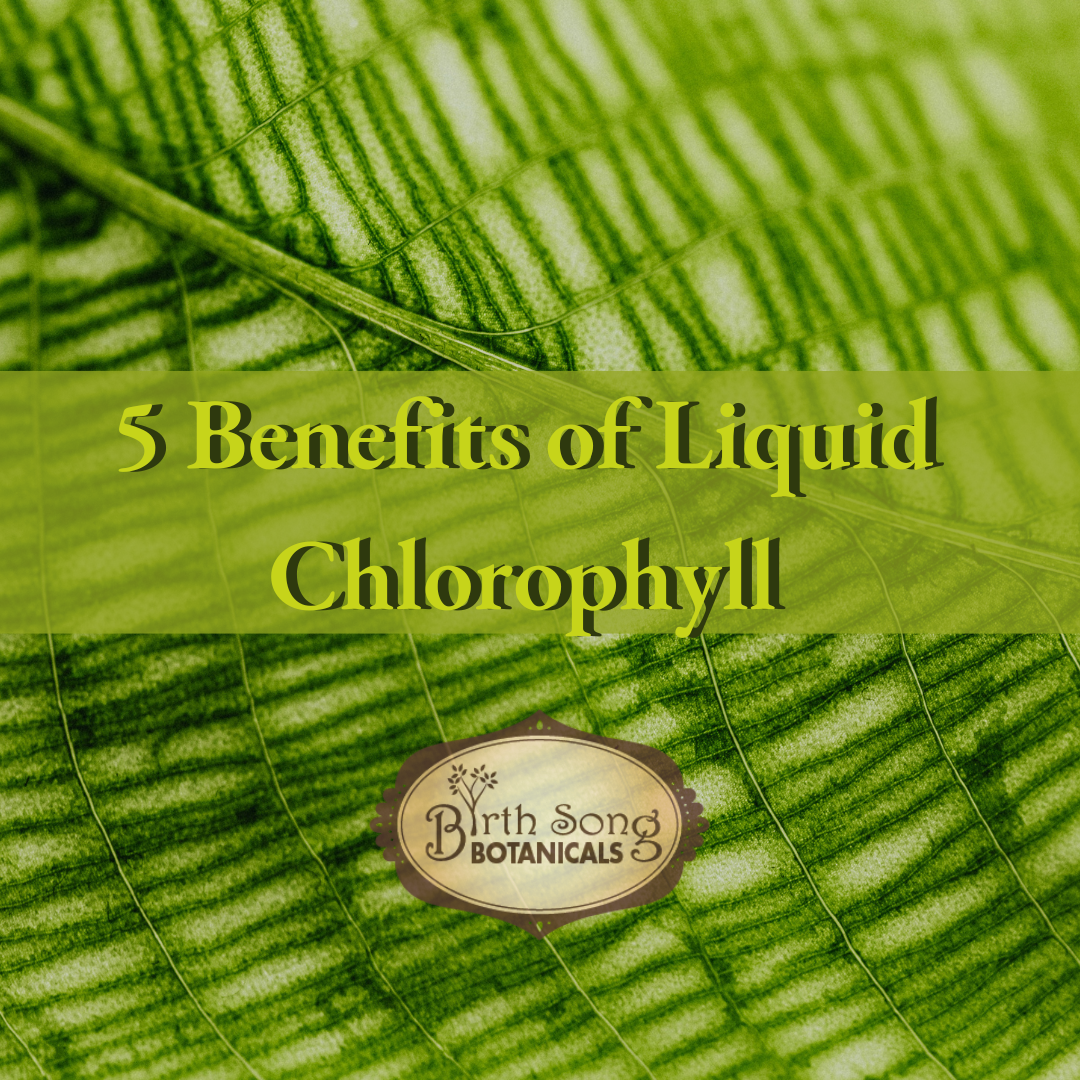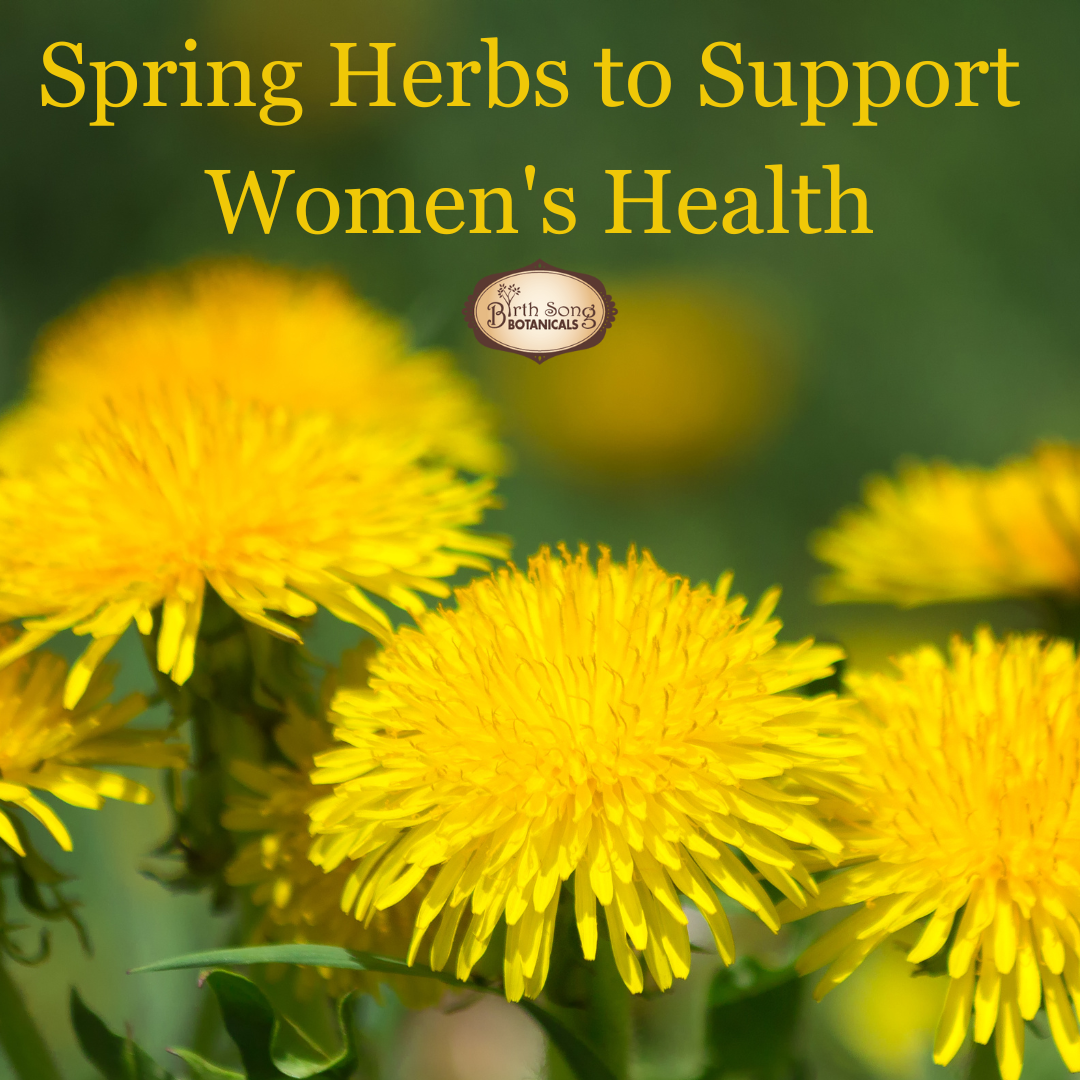Chlorophyll: Nature's Oral Health Solution

The Struggle of Poor Oral Health
Poor oral health can be a relentless and frustrating battle. The constant ache of painful cavities, the sight of blood when brushing, and the embarrassing reality of bad breath can significantly impact one's quality of life. Despite diligent efforts to maintain oral hygiene through brushing and flossing, many individuals find themselves trapped in a cycle of expensive, painful, and embarrassing dental woes.
The financial burden of dental care can be overwhelming, with costly procedures often required to address the consequences of poor oral health. Even with dietary adjustments aimed at reducing sugar intake, persistent issues with cavities and gum disease can be disheartening. It's a struggle that many people face, and it can be difficult to find a solution.

Oral health is an essential part of overall well-being. A healthy mouth not only allows you to smile confidently, but it also plays a crucial role in digestion, speech, and even your self-esteem.
Poor oral health can lead to a variety of problems, including:
- Cavities and tooth decay
- Gum disease
- Bad breath
- Pain and discomfort
- Even tooth loss
- Expensive dental visits and referrals
Fortunately, maintaining good oral health can relatively simple. By following a few key practices, and supplements you can keep your smile healthy and bright.

The Foundation of Oral Health: Brushing, Flossing, and Rinsing
I want to share with you the natural remedies for healthy teeth and gums but first let's cover the foundations of oral health. Because natural remedies and supplements can significantly enhance oral health, they should never replace the fundamental practices of brushing, flossing, and rinsing. These cornerstone habits form the bedrock of a strong oral care routine.
- Brushing: Gently brush your teeth at least twice a day using a fluoride toothpaste. Focus on reaching all surfaces of your teeth, including the gums.
- Flossing: Flossing removes plaque and food particles from between your teeth, where your toothbrush can't reach. It's essential for preventing gum disease.
- Water Picking: To gently wash in between the teeth and under the gum line.
- Rinsing: Using a mouthwash can help kill bacteria and freshen breath. Look for herbal mouthwashes with antibacterial properties made with neem, golden seal, tea tree oil and peppermint.
Beyond traditional toothpaste, there's also a growing interest in natural fluoride alternatives like charcoal toothpaste.

The Oxygen Connection: A Key to Oral Health
While proper brushing, flossing, and regular dental check-ups are essential, there's a deeper factor often overlooked in oral health: oxygen. Your gums are a vital part of your oral ecosystem, and they require a steady supply of oxygen to function optimally.
When your gums are deprived of sufficient oxygen, a chain reaction can occur. The oxygen-deficient environment creates ideal conditions for harmful bacteria to thrive. These bacteria can lead to inflammation, gum disease (gingivitis), and ultimately, tooth decay.
In the following sections, we'll explore how certain nutrients can help increase oxygen levels in your gums and create a less hospitable environment for these harmful bacteria.
Chlorophyll: The Green Elixir for Oral Health
Chlorophyll, the pigment that gives plants their green color, is more than just a pretty shade. It's a powerhouse of nutrients with remarkable benefits for your overall health, including your oral well-being.
One of chlorophyll's most impressive qualities is its ability to increase oxygen levels in the body. By boosting oxygenation, chlorophyll can help create a less hospitable environment for harmful bacteria that contribute to gum disease and tooth decay.
Beyond its oxygenating properties, chlorophyll is also a natural detoxifier and deodorizer. It helps eliminate toxins from the body and neutralizes bad odors, making it a powerful ally in the fight against bad breath.
Incorporating chlorophyll into your daily routine can be as simple as consuming chlorophyll-rich foods like leafy green vegetables or taking chlorophyll supplements. By harnessing the power of chlorophyll, you can take a proactive step towards improving your oral health
Copper: The Unsung Hero of Oral Health
Often overshadowed by other minerals, copper plays a crucial role in maintaining optimal oral health. Known for its potent antibacterial properties, copper has the ability to combat the harmful bacteria that contribute to gum disease and tooth decay.
Copper ions, when released, can effectively disrupt the cell walls of bacteria, leading to their demise. This antimicrobial action helps to create a less inviting environment for these unwanted oral intruders. While copper-infused dental products are not as widely available as other oral care options, incorporating copper-rich foods into your diet can be a beneficial step towards improving your oral health.
Peppermint: Nature's Breath Freshener
Peppermint, beloved for its refreshing taste and aroma, also boasts impressive oral health benefits. This aromatic herb contains compounds with potent antibacterial and anti-inflammatory properties that can significantly improve oral hygiene.
Peppermint's ability to combat harmful bacteria makes it an effective weapon against bad breath, a common oral health concern. Additionally, its anti-inflammatory properties can help soothe irritated gums and reduce swelling.
Incorporating peppermint into your oral care routine can be as simple as using peppermint-flavored toothpaste or mouthwash. For a more natural approach, consider brewing peppermint tea and using it as a mouthwash.

Conclusion: Breathe New Life into Your Smile
By understanding the critical role of oxygen in oral health, you've taken the first step towards a healthier smile. Incorporating chlorophyll, copper, and peppermint into your daily routine can provide a natural and effective approach to combating gum disease and tooth decay.
Remember, while these natural remedies can be powerful allies, they should complement, not replace, regular dental check-ups and good oral hygiene practices.

Did you know that oral health is intimately linked to overall well-being? Healthy teeth and gums contribute to a stronger immune system, improved digestion, and even enhanced cognitive function. Chlorophyll, in particular, offers a holistic approach to wellness, supporting both oral and general health.
We encourage you to give our chlorophyll supplement a try. With consistent use over six months, you may notice significant improvements in your oral health and overall well-being. It's time to invest in your smile and your health.
Ready to experience the difference chlorophyll can make? Our high-quality chlorophyll supplement is packed with the goodness of nature to support your oral health goals. Visit our website to learn more and start your journey to a healthier smile today!
I sincerely hope this article supports your healthy teeth and gums! Share your beautiful smile my friend!
Hugs,
Maria
🌿😀🌿
Want More?!?! Check These Out!
Five Reasons to Try Liquid Chlorophyll
Exploring Herbal Support for Perimenopausal Women
Herbal Remedies for Heavy Period Bleeding in Perimenopause
Natural Oral Rehydration Therapy for Rotavirus and Norovirus
What You Should Know About PCOS
Womb Food Eat These Four Foods To Improve Your Uterine Health
Natural Remedies for Bacterial Vaginosis BV
A Woman's Guide to Uterine Fibroids
Pregnancy Nausea and Digestive Issues
How to Induce Labor Naturally and Safely
Resources:






